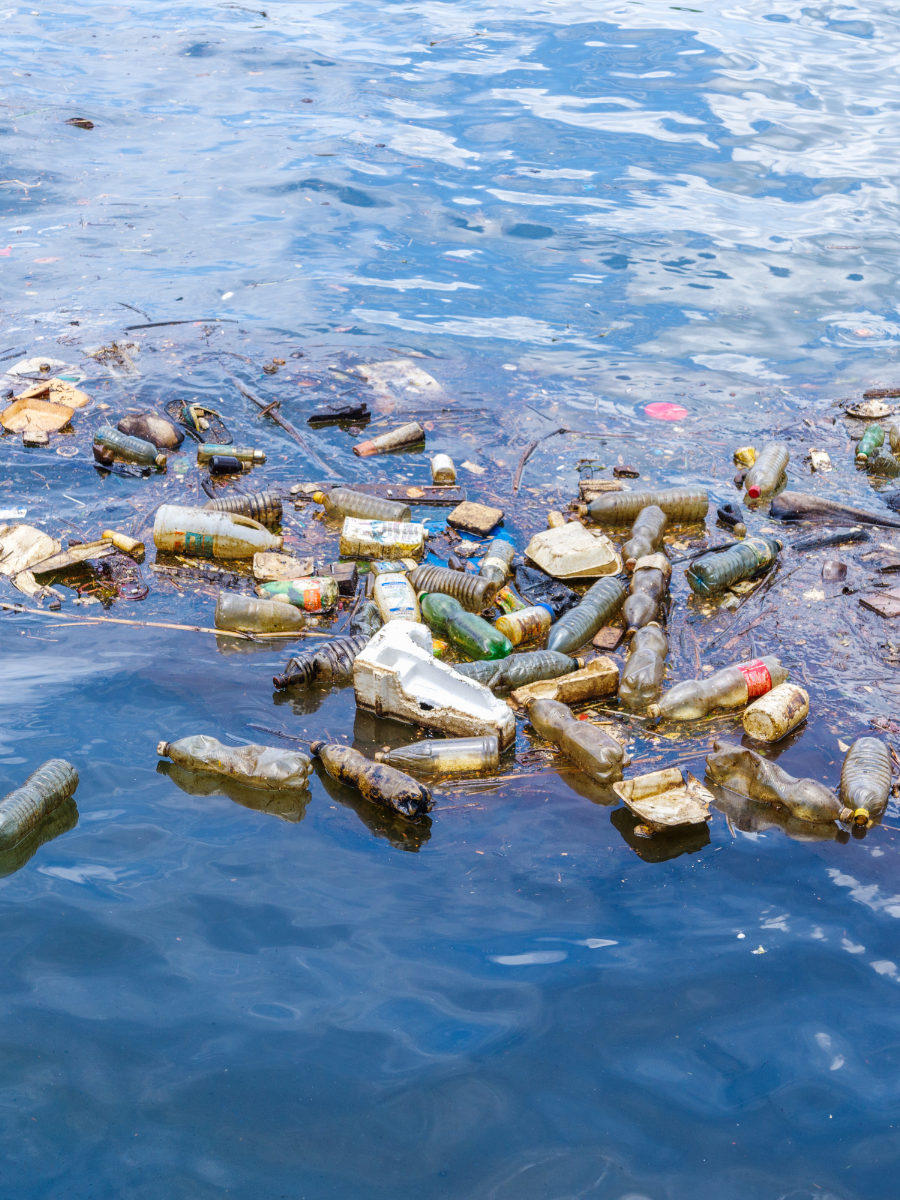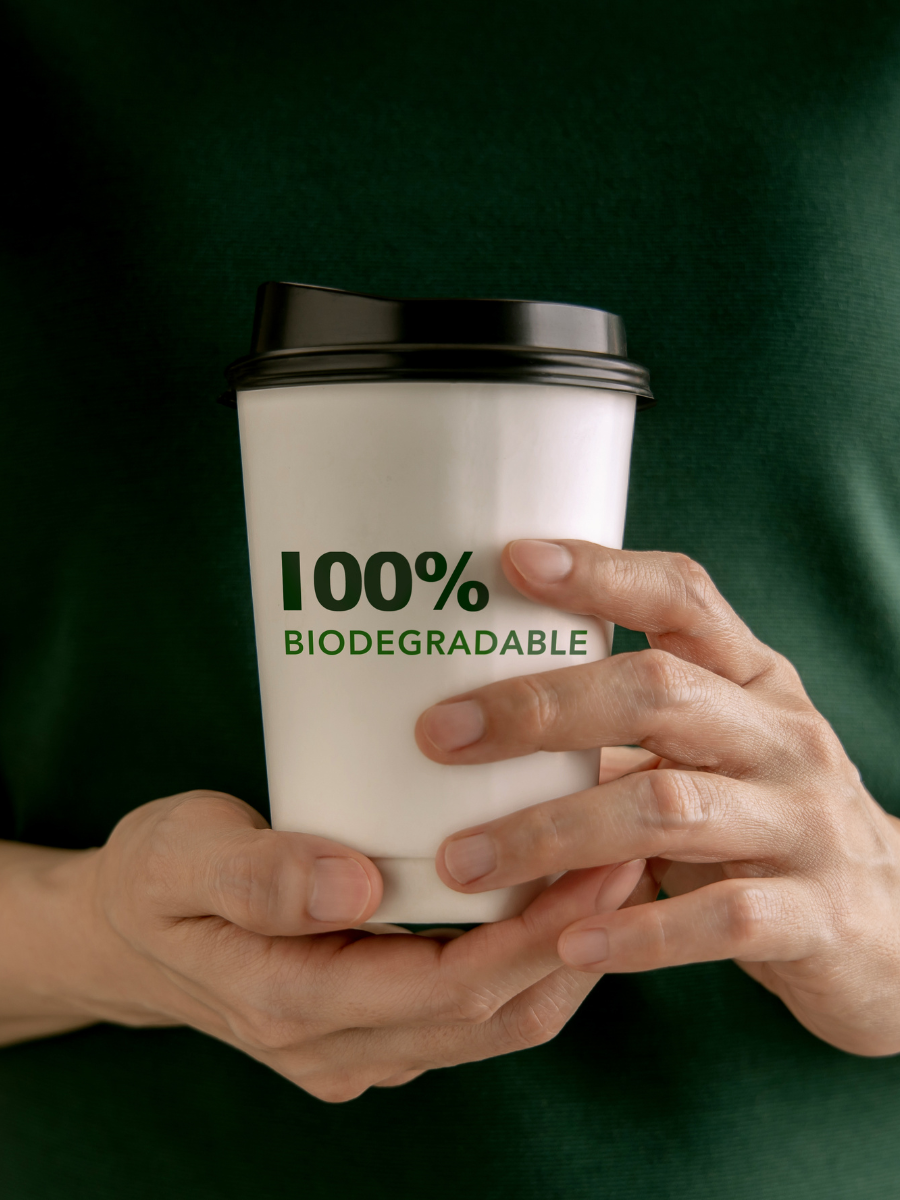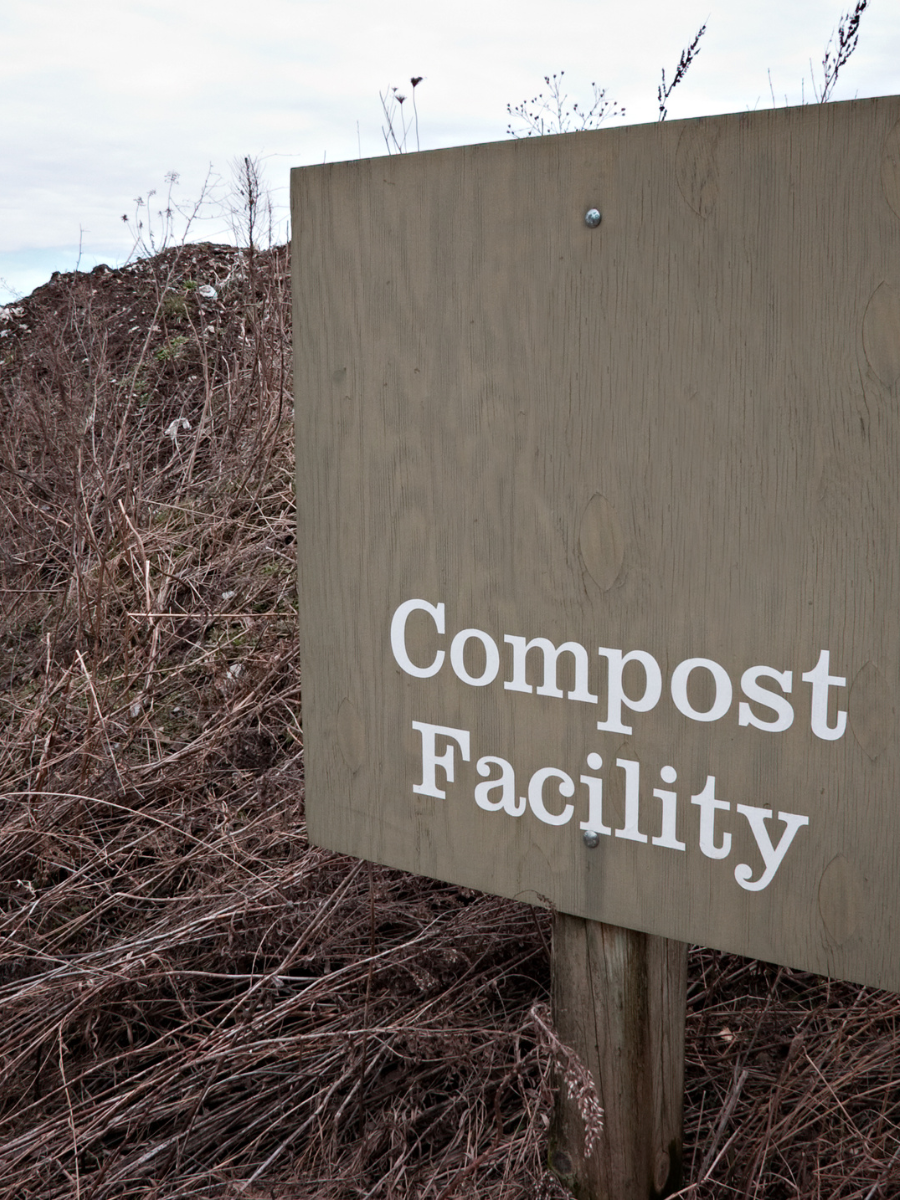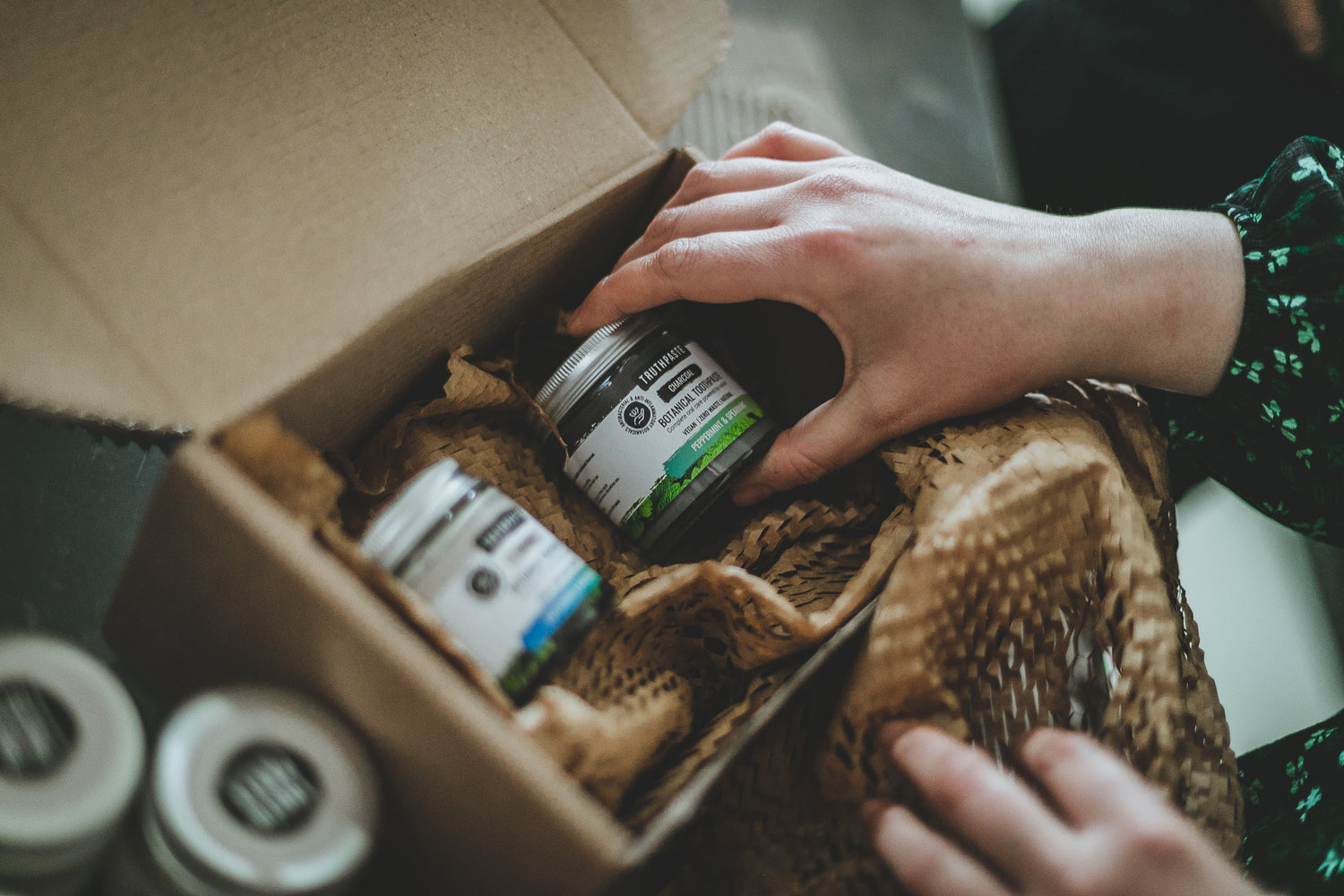Sustainability
What Sustainability means to us
Ethical, eco-friendly or sustainable have become little more than buzzwords often overused by companies or brands. It’s important to remember that they can mean different things to different people. We think it is important to be transparent about where we are on this journey now, and our goals for continuous improvement.
Our PledgesANTI-GREENWASHING & MISLEADING PACKAGING

We've decided to avoid plastics altogether, including bioplastics. Only 6% of the single-use plastics we use actually get recycled in the UK. With so many new types of plastic, it can be confusing how we can dispose of it.
Often bioplastic is presented as an eco-friendly alternative to conventional plastic, but depending on the material, it could mean we're swapping something that is more widely recycled for something we don't yet have the resources to dispose of.
Always check your local recycling, as it greatly differs across the UK alone. Read more on our blogs on Recycling Contamination and Bioplastics.
Just because something claims to be recyclable, doesn't always mean it can, or will be recycled locally.

BIODEGRADABLE
Biodegradable generally means that instead of degrading in hundreds of years, it can degrade in around 60 years or less.
This does not necessarily mean it is non-toxic, or will not contribute microplastics to the environment.
Always check with the manufacturer, as this term is used for a wide variety or materials.
For more inform read our blog on bioplastics.

Compostable
Compostable means it will break down into natural elements in a compost environment. Generally, these materials pose a lower risk of polluting than materials labeled biodegradable.
However, many compostable materials need to be composted in industrial composting facilities. These are not widely accessible to the public, and again we need to have better infrastructure in place to accommodate the demand.
Unless something specifically claims to be home compostable, it will need to go into general waste or industrial composting. Compostable items (including food) in general waste can cause further problems as they break down and release more greenhouse gasses such as methane.
Compostable claims tend to be considered eco-friendly, but currently, we have environmental, social, and political concerns with the lack of proper means of disposal of some of these materials.
There is no perfect solution yet..
Every manufacturer is facing the reality that compromises are inevitable. At least for now.
We have opted for glass and aluminium packaging, however, we acknowledge that's not without its downsides. The weight of the glass does mean that it is more carbon-heavy in its transportation. With our jar return scheme, we can reduce our carbon footprint by up to 60%. For more information, you can visit our return and refill page
We are always looking for better solutions, but for now, unless we are confident that we can meet our first pledge: that our packaging will not risk leaving behind pollutants for hundreds of years, we will not consider it.
We believe we need to see drastic improvements in our waste disposal and recycling infrastructure, to better accommodate these new solutions, or to further develop new technology and materials. We hope to see a growing trend in manufacturers designing products with their disposal and waste management in mind.


